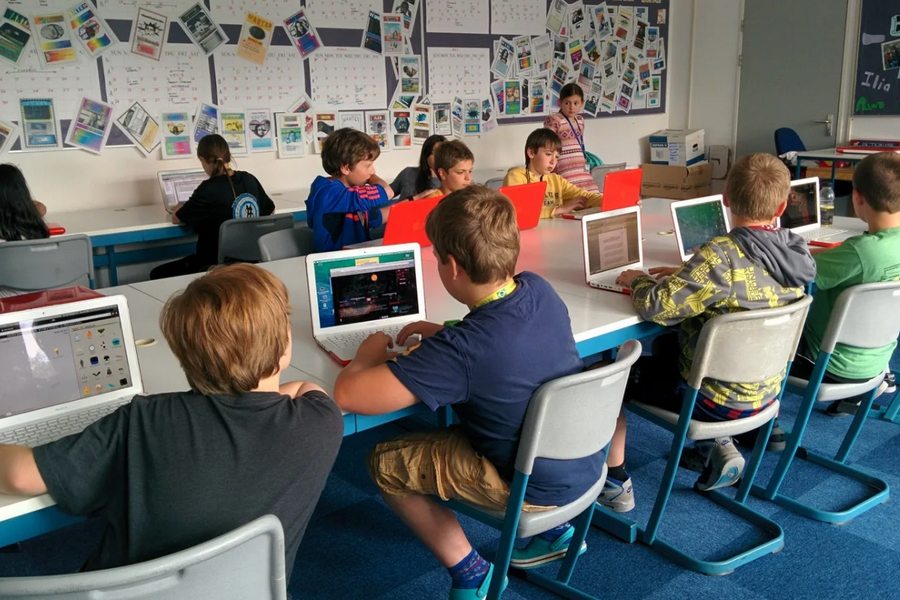There are various techniques to keep kids interested in their studies. These techniques include everything from encouraging behavior to shifting priorities. All of them are effective and can keep your youngster on course academically. When trying to inspire your youngster, there are a few crucial points to keep in mind. These are the first four. Initially, let your youngster know that you value their academic progress. Make sure to check in with them frequently, inquire about their classes, and, if necessary, offer assistance with their homework. But also keep in mind to allow older kids some space. If you put too much pressure on them, they’ll become resentful and demotivated. Once you have read through the tips you can enroll them in one of the top CBSE schools in Sharjah.
Integral Motivation
When it comes to keeping children motivated, there are a number of reasons why. Various researches have pointed to the importance of intrinsic motivation, which is a more lasting, sustainable way to motivate children in school. Moreover, intrinsic motivation is not dependent on external rewards or consequences, as are other forms of motivation. These factors, combined with a positive environment, can foster self-motivation in students. In addition, intrinsic motivation is much more likely to result in high academic performance and increased self-esteem.
Positive Reinforcement
If you want your child to perform well academically, you can use positive reinforcement to motivate them. However, this method must be used with a lot of caution. Children are very smart and can quickly figure out when bribery is not the best choice. It’s better to motivate your child in a more natural way, by providing intrinsic rewards for good behavior. Here are some tips to help you use positive reinforcement in the classroom.
Social Interaction
Studies have shown that children who participate in social interactions in school tend to achieve higher grades. This is because social interactions give students more opportunities for communication and extended classroom participation. It also encourages healthy competition, which is crucial to learning. It is also important for students to feel comfortable interacting with others. Social interaction is a vital part of school life and should be a primary focus for educators. It helps children build self-esteem and learn how to communicate with others.
Re-Orienting Priorities
One way to motivate students is to re-orient their priorities. While grades are important, they should not be the primary focus of a student’s life. Instead, they should be a tool to help students learn. The focus on grades tends to make students disengaged from learning, which can lead to poor academic performance. Even if some of this focus is derived from outside pressures, there are some effective strategies to encourage students to re-orient their attention.
Encouragement of Competition
Competition is a natural part of the educational process and can keep children engaged. It helps students feel a sense of competence, which is an intrinsic motivator. Moreover, the feeling of competence is more powerful than the accumulation of stickers, small trinkets, or scarcely disseminated recognitions. In fact, it is said to increase a student’s self-esteem and make them more determined.
Look for CBSE schools near me and you’ll find the best one in the area.

Football fan, self-starter, DJ, Bauhaus fan and critical graphic designer. Making at the junction of beauty and computer science to create great work for living breathing human beings. Check me out on Dribbble or Medium.



